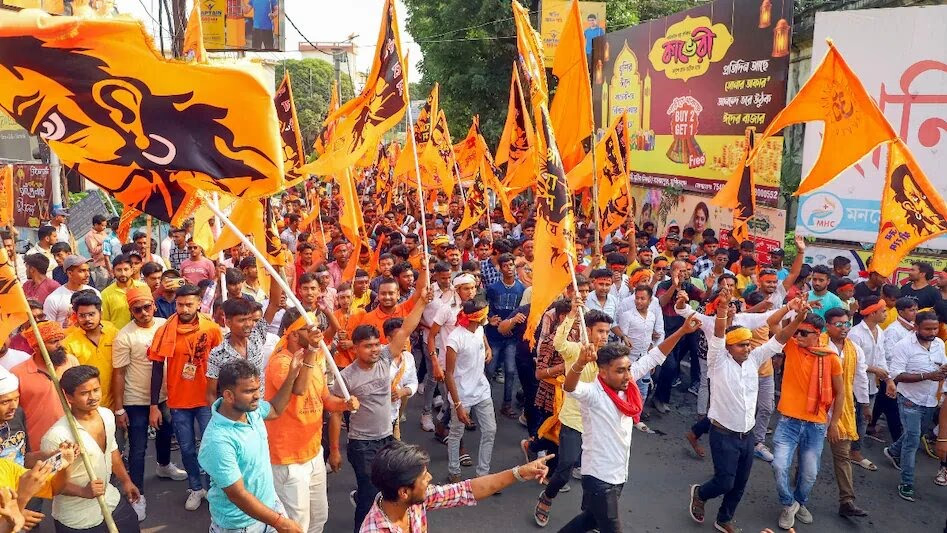Congress MLA from Madhya Pradesh, Arif Masood, has taken a firm stand against the Waqf (Amendment) Bill 2025, labeling it a 'dark law'. In a press conference on Wednesday, Masood asserted that the bill won't protect Waqf properties, but rather serves as a tool to trouble a community. The Lok Sabha has scheduled eight hours of discussion on this bill, while the Rajya Sabha is expected to debate it on Thursday.
MLA Masood stated, "The Waqf Bill has been introduced in the Lok Sabha, but we consider it a dark law. It fails to protect Waqf properties. We should be safeguarding these assets, but this bill does not do so."
He further added, "Those celebrating have faith in Modi’s law, congratulations to them. However, we will not accept this bill." Masood dismissed attempts to justify the bill under the guise of female officer appointments as a separate issue.
Key Provisions of the Bill
The Waqf (Amendment) Bill proposes significant changes to the Waqf Act of 1995. It ensures representation of Muslim women and non-Muslims in the Central Waqf Council and State Waqf Boards. The bill aims to remove Section 40, which empowered the Waqf Board to decide if a property was Waqf or not.
Additionally, it proposes creating a separate board for Bohras and Aga Khanis, giving representation to Shias, Sunnis, and other backward Muslim classes, and renaming the act to 'Integrated Waqf Management, Empowerment, Efficiency, and Development Act, 1995'.
Government vs. Opposition
The government presents this bill as a step towards improving transparency and management of Waqf Boards. In contrast, the opposition deems it unconstitutional. Parties like Congress, SP, and AIMIM are staunchly against it, whereas TDP, JDU, LJP, and HAM have expressed support. The opposition claims this is an attack on the rights of the Muslim community.




